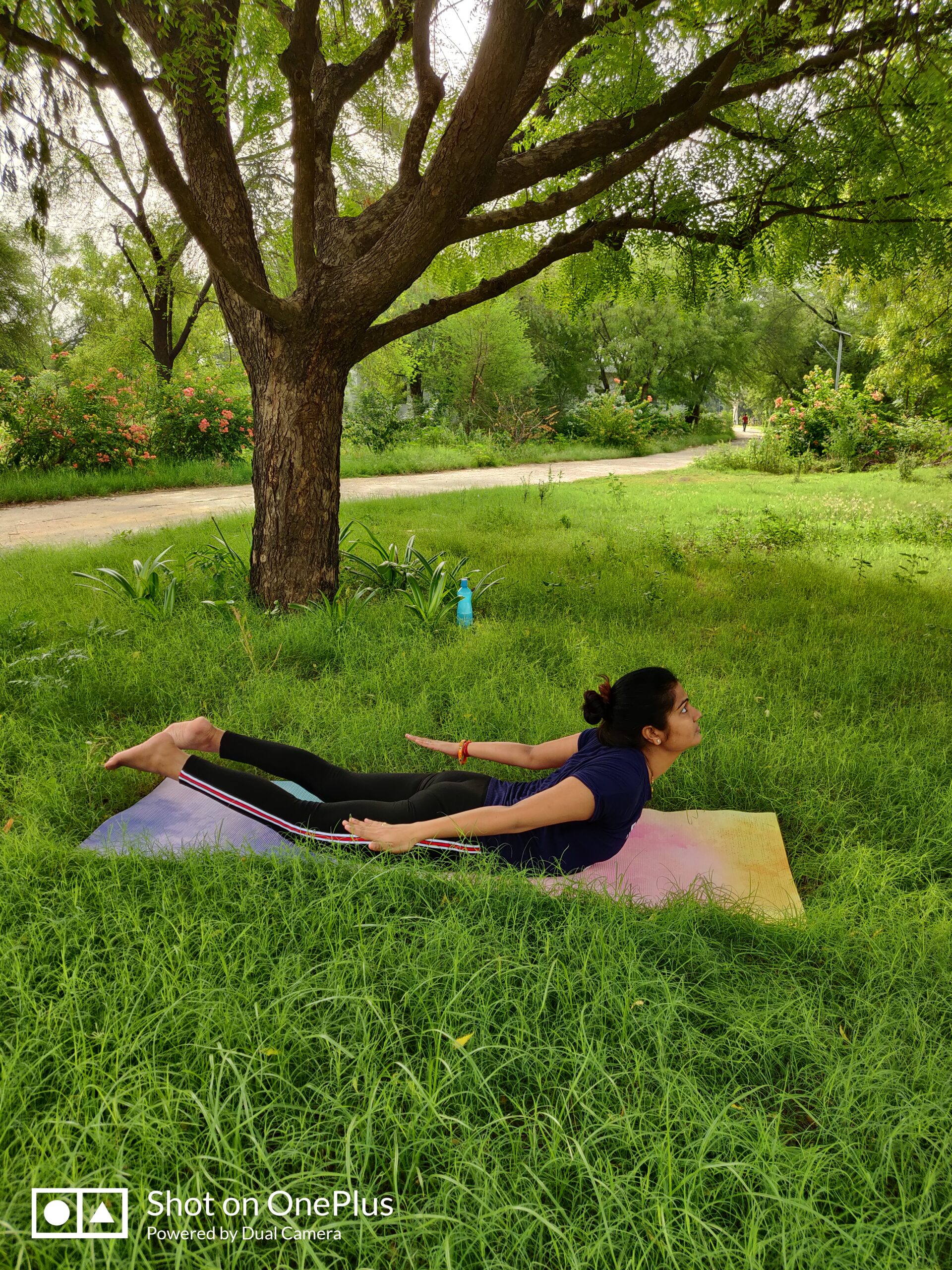Title: Natural Approaches to Neuropathy Treatment: Non-Medication Solutions for Nerve Pain Relief
Introduction
Neuropathy, a condition characterized by nerve damage and dysfunction, can significantly impact one’s quality of life. Symptoms include tingling, burning, and shooting pain, as well as weakness and numbness in the affected areas. While medications can help manage neuropathy, they often come with side effects and may not provide complete relief. In this blog, we will explore various non-medication approaches to neuropathy treatment, focusing on lifestyle changes, alternative therapies, and natural remedies that offer potential relief from nerve pain.
1. Diet and Nutrition
Subheading: The Role of a Nerve-Friendly Diet
Diet plays a vital role in managing neuropathy symptoms. A well-balanced diet can support nerve health and reduce inflammation, which may alleviate pain. Some dietary tips for neuropathy patients include:
1.1. Anti-Inflammatory Foods: Incorporate foods rich in antioxidants and anti-inflammatory properties, such as fruits (berries, cherries, oranges), vegetables (spinach, kale, broccoli), and healthy fats (avocado, olive oil).
1.2. Vitamin B-rich Foods: Vitamins B1, B6, B9 (folate), and B12 are crucial for nerve health. Include sources like whole grains, nuts, seeds, leafy greens, and lean meats.
1.3. Omega-3 Fatty Acids: Found in fatty fish (salmon, mackerel) and flaxseeds, omega-3s can reduce inflammation and support nerve function.
1.4. Limit Sugar and Processed Foods: High sugar intake and processed foods can worsen inflammation and negatively impact nerve health. Minimize their consumption.
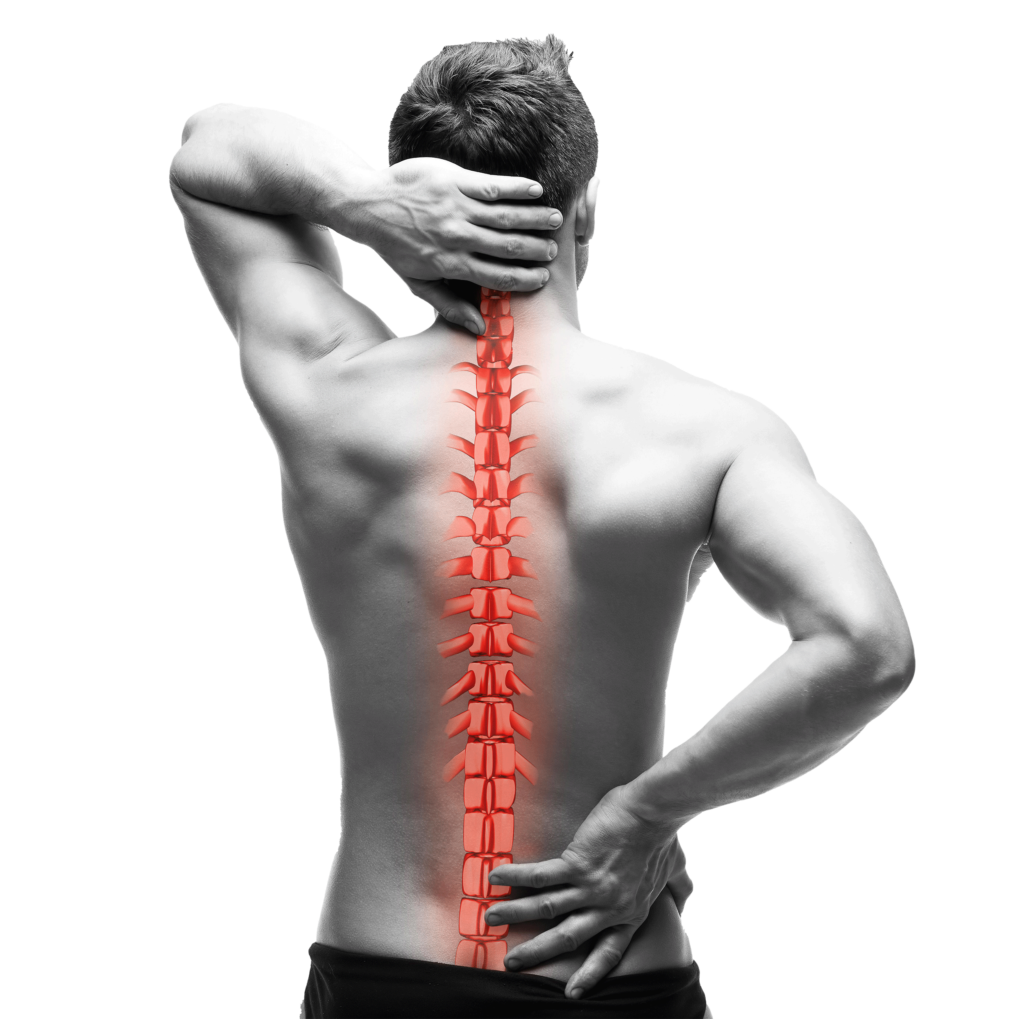
2. Exercise and Physical Activity
Subheading: Strengthening Nerves through Movement
Regular physical activity can improve circulation and nerve function, helping to alleviate neuropathic pain. However, it’s essential to choose exercises that are gentle on the nerves. Some suitable activities include:
2.1. Walking: A low-impact exercise that promotes blood flow to the extremities and can be easily incorporated into daily routines.
2.2. Yoga: Combines gentle movements, stretching, and breathing exercises, which can enhance flexibility and promote relaxation.
2.3. Tai Chi: An ancient Chinese practice that focuses on slow, flowing movements, shown to improve balance and reduce pain.
2.4. Water Therapy: Swimming or water aerobics provide a low-impact workout that reduces pressure on the nerves.
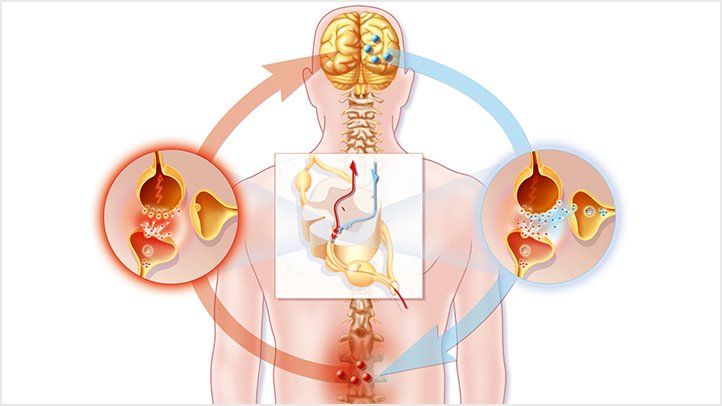
3. Stress Management
Subheading: Minimizing Nerve Pain through Relaxation Techniques
Stress and anxiety can exacerbate neuropathy symptoms. Therefore, managing stress is vital for neuropathy patients. Some effective stress-reduction techniques include:
3.1.Breathing Exercises: Deep breathing techniques can help relax muscles and reduce stress.
3.2. Biofeedback: This technique teaches individuals to control certain bodily functions to alleviate pain and stress.
3.3. Massage Therapy: Regular massage can promote relaxation and improve circulation, potentially reducing neuropathic pain.
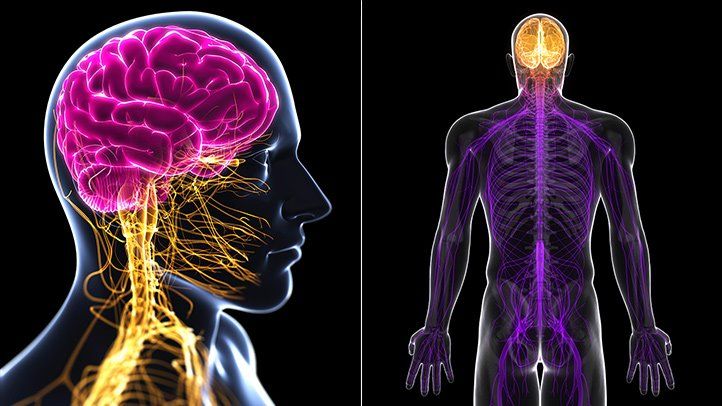
4. Acupuncture
Subheading: Ancient Healing for Modern Nerve Pain
Acupuncture, a traditional Chinese medicine practice, involves inserting thin needles into specific points of the body to stimulate energy flow. This alternative therapy has shown promise in reducing neuropathic pain by:
4.1. Promoting Blood Circulation: Improved blood flow can nourish damaged nerves and accelerate the healing process.
4.2. Triggering Endorphin Release: Acupuncture can stimulate the release of endorphins, the body’s natural painkillers.
4.3. Modulating Nerve Signals: Acupuncture may alter how nerves transmit pain signals to the brain, reducing discomfort.
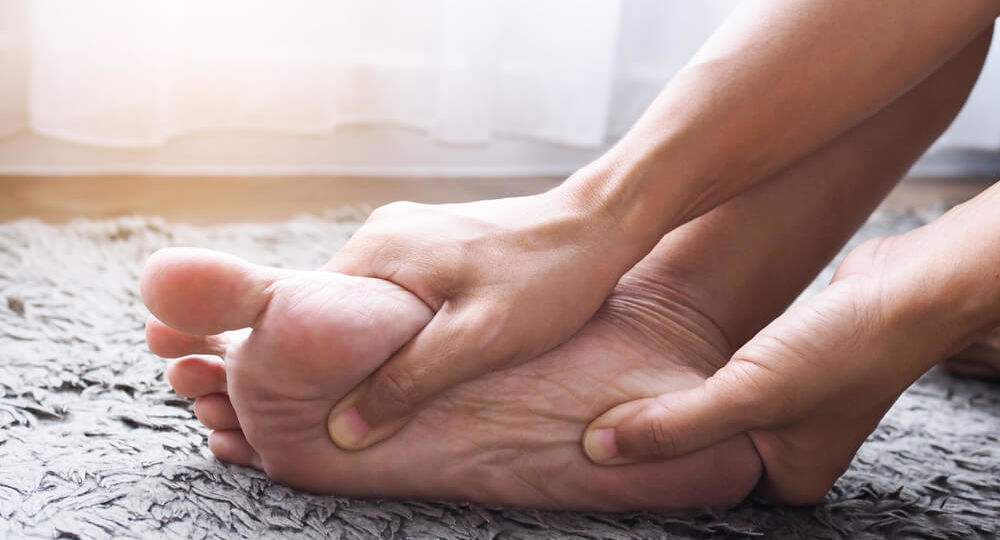
5. Topical Treatments
Subheading: Soothing Nerve Pain with Natural Creams and Oils
Topical treatments can offer localized relief for neuropathy symptoms. Some effective options include:
5.1. Capsaicin Cream: Derived from chili peppers, capsaicin cream can reduce pain by desensitizing nerve receptors.
5.2. Lidocaine Patches: These patches numb the area, providing temporary relief from nerve pain.
5.3. Essential Oils: Some essential oils, such as lavender and peppermint, have analgesic properties and can be used in massage or aromatherapy.

Conclusion
Neuropathy can be a debilitating condition, but medication isn’t the only solution. Non-medication approaches, such as adopting a nerve-friendly diet, engaging in appropriate exercises, managing stress, trying alternative therapies like acupuncture, and using topical treatments, can complement conventional treatments and offer relief from nerve pain. Always consult with a healthcare professional before incorporating any new treatments into your neuropathy management plan to ensure they are safe and suitable for your specific condition. By taking a holistic approach, individuals with neuropathy can enhance their quality of life and find relief from the burden of nerve pain.




